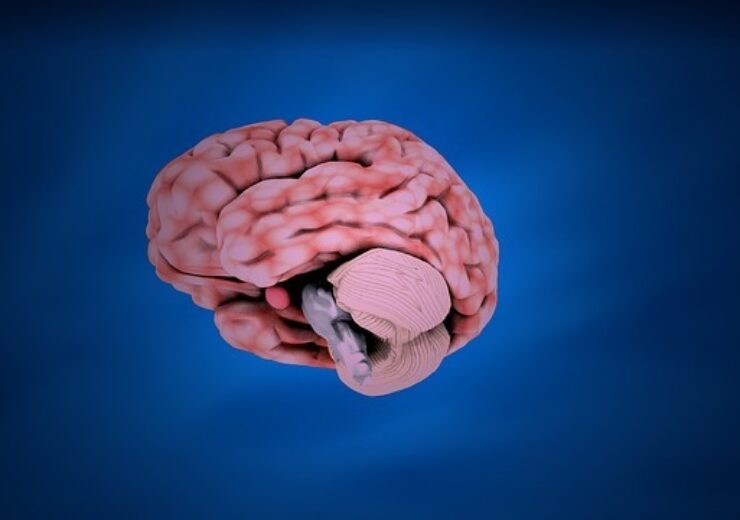The study of the micro-neuromodulation system is slated to take place at the Cleveland Clinic, a nonprofit academic medical centre in Ohio

Realeve’s Pulsante micro-neuromodulation system aims to enhance stroke recovery. (Credit: Raman Oza from Pixabay)
American medical device firm Realeve has secured a multimillion-dollar grant to fund a research initiative involving its Pulsante micro-neuromodulation system for post-stroke recovery.
The study is slated to take place at the Cleveland Clinic, a nonprofit academic medical centre in Cleveland, Ohio, US.
The Pulsante micro-neuromodulation system, touted as the first externally powered implantable neuromodulation device, is engineered to stimulate the sphenopalatine ganglion (SPG).
Combined with hyperbaric oxygen therapy, the system holds the potential to enhance blood circulation in stroke patients, thereby reducing brain damage and optimising neurological recuperation, said Realeve.
Realeve’s technology is claimed to have undergone successful clinical validation with over 700 patients, demonstrating its effectiveness in treating brain-related disorders.
Furthermore, Realeve has received the breakthrough device designation from the US Food and Drug Administration (FDA) for the Pulsante microstimulator system. The company aims to secure FDA approval and CE Mark for the treatment of cluster headaches by 2024.
Realeve founder and president Peter Bonutti said: “We are excited to leverage the power of this external implant that has been clinically proven with 700+ patients in enhancing post-stroke and cluster headache recovery.
“We are also exploring its applications in other central nervous system disease conditions and excited about the potential.”
The Pulsante system comprises a tiny bioactive implant that is orally inserted through a minimally invasive procedure, leaving no apparent scars. It is accompanied by an external handheld controller designed to stimulate the sphenopalatine ganglion, which is an important component of the autonomic nervous system known to influence various neurological conditions.
According to Realeve, Pulsante’s handheld remote control powers the implant wirelessly and facilitates bidirectional communication to enable wireless system updates.
The precision therapy offers not only pain relief but also has the potential to enhance blood flow and facilitate medication delivery to the central nervous system, according to Realeve.
Realeve advisory board Frank Papay said: “By developing novel technology, Realeve strives to provide effective, targeted relief that can make a lasting impact on patient well-being.”
Papay is the innovator behind the technology that Unity, HA, Realeve’s parent company, licensed from Cleveland Clinic. Both Papay and Cleveland Clinic have rights to royalties and other commercialisation proceeds associated with the technology.
Additionally, Papay holds a consultant role within the company and has been granted equity as compensation.
